15 “Compliments” Boomers Give That Feel More Like Insults Nowadays

Ever had a moment when someone meant to say something nice, but it left you feeling worse? Older generations often give what they think are compliments that younger folks find pretty offensive. These well-intentioned remarks can highlight generational gaps in how we talk about age, appearance, and abilities. Let’s explore these double-edged comments that make us cringe rather than smile.
1. You’re So Independent For Your Age
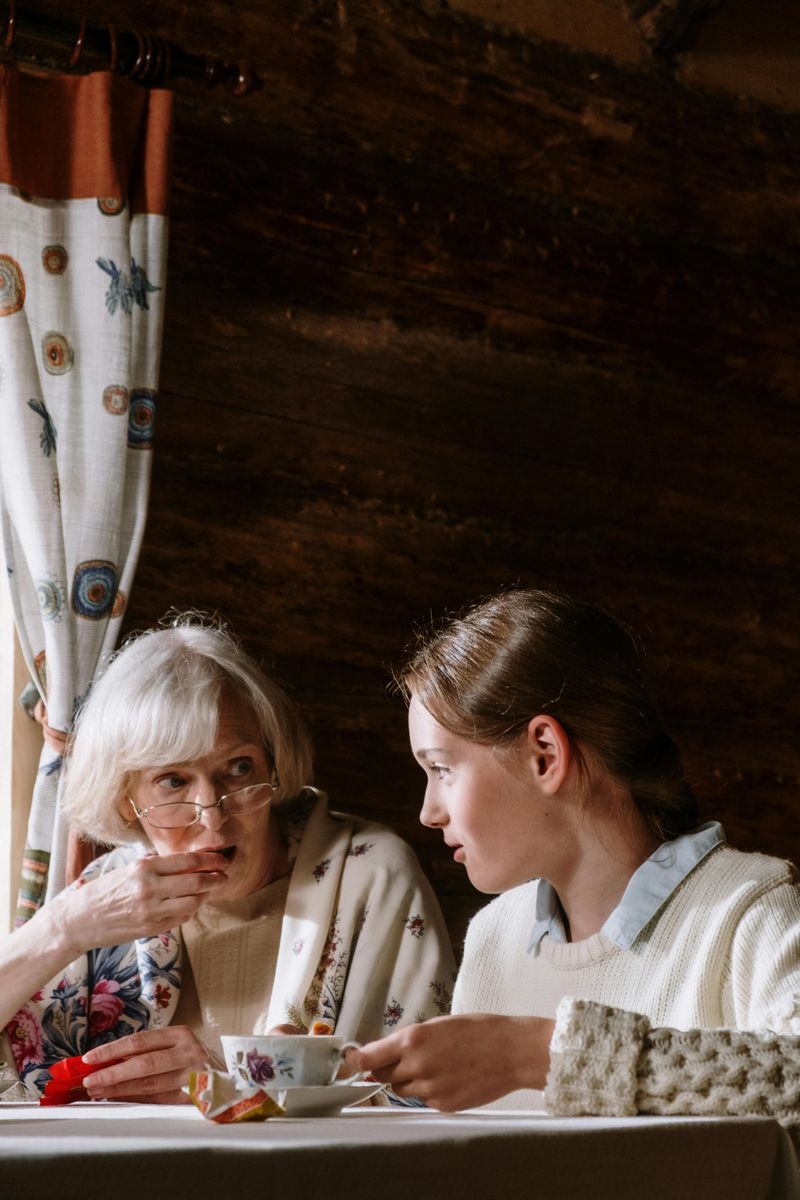
Hearing this seemingly innocent praise can make your eyes roll involuntarily. The speaker acts amazed that you can function without assistance, as if basic self-sufficiency at your age is rare and remarkable.
This comment carries the sting of low expectations. Whether directed at a teenager handling responsibilities or a senior citizen living autonomously, it suggests the person is an exception rather than the norm.
The underlying assumption that most people your age need constant help or supervision transforms what could be genuine appreciation into condescension. Most recipients would prefer acknowledgment of their capabilities without the age qualifier attached.
2. You’re So Tech-Savvy

Grandma just sent an email and suddenly she’s a computer genius! This comment comes with wide eyes and a tone of absolute astonishment that someone over 50 could possibly navigate basic technology.
The speaker might as well add “for someone your age” at the end. The hidden message suggests older folks and technology mix about as well as oil and water, making normal digital literacy seem exceptional.
What’s particularly frustrating about this remark is how it reinforces stereotypes while ignoring that many older adults actually pioneered the digital technologies we use today. The assumption of digital incompetence based on birth year alone is what makes this “compliment” feel more like an insult.
3. You Look So Young For Your Age

The classic age-related zinger that implies looking your actual age would be a disaster. When someone drops this line, they’re essentially saying aging is something to avoid at all costs.
The hidden message? Only youth equals beauty. For many receiving this “praise,” it reinforces harmful ideas that wrinkles, gray hair, or other natural signs of aging are somehow shameful.
Instead of celebrating wisdom and experience that comes with years lived, this backhanded compliment reduces worth to appearing younger than you are. No wonder it leaves many feeling more insulted than flattered!
4. You’re A Breath Of Fresh Air

At first glance, being called refreshing sounds delightful! The problem emerges when the context reveals they find you refreshing compared to others your age.
This seemingly positive remark actually throws an entire generation under the bus. The speaker is essentially saying, “Most people like you are boring/negative/difficult, but you’re the exception!” It creates an unnecessary division while subtly insulting everyone in your peer group.
The comment reveals more about the speaker’s prejudices than anything about you. When someone expresses surprise that you don’t fit their negative stereotype, they’re admitting they held that stereotype in the first place. That realization transforms their intended praise into an uncomfortable revelation.
5. It’s Great You Still Work Out

That tiny word “still” carries a mountain of assumptions. When someone marvels that you’re exercising “at your age,” they’re suggesting physical activity has an expiration date that you’ve somehow managed to ignore.
The speaker pictures fitness as exclusively for the young, while viewing older active people as rare exceptions. This mindset ignores countless seniors running marathons, practicing yoga, and lifting weights well into their golden years.
What makes this particularly irksome is how it frames normal healthy habits as extraordinary feats simply because of age. The recipient is left wondering when exactly they were supposed to transition from active human to sedentary elder according to this person’s timeline.
6. You’re Not Like Other People Your Age

The speaker delivers this with a beaming smile, completely unaware they’ve just insulted an entire generation. By singling you out as different, they reveal their negative view of everyone else in your age bracket.
This backhanded praise forces an uncomfortable choice: accept the compliment and agree your peers are inferior, or reject it and defend your generation. Either way, the conversation has suddenly become awkward.
What makes this particularly frustrating is how it reduces complex individuals to simplistic age stereotypes. Whether aimed at a teenager who’s “surprisingly mature” or a senior who’s “unusually energetic,” it demonstrates lazy thinking that judges people by birth year rather than individual character.
7. You’re So Well-Spoken

This statement might sound innocent until you consider who typically receives it. Often directed at young people, minorities, or anyone the speaker has low verbal expectations for, it carries the sting of surprise that you can string coherent sentences together.
The underlying message suggests articulation isn’t expected from someone of your background, age, or appearance. It reveals the speaker’s biased assumption that eloquence belongs exclusively to certain groups.
What makes this particularly frustrating is how it positions basic communication skills as exceptional based on prejudiced expectations. Recipients of this dubious praise often wonder what exactly about their appearance or identity prompted such low expectations in the first place.
8. You’re Mature For Your Age

When directed at young people, this comment might seem positive on the surface. Who doesn’t want to be seen as mature? The problem lies in what remains unsaid: the assumption that most young people are irresponsible or immature.
This remark creates an unfair standard where youth must prove they’re exceptions to negative stereotypes. It positions maturity as surprising rather than expected, reinforcing biased views about entire generations.
Young recipients often feel conflicted – they appreciate recognition of their responsible behavior but resent the implication that their peers lack these qualities. The compliment forces them to either accept negative generalizations about their generation or reject praise that singles them out as different.
9. You Don’t Seem Your Age
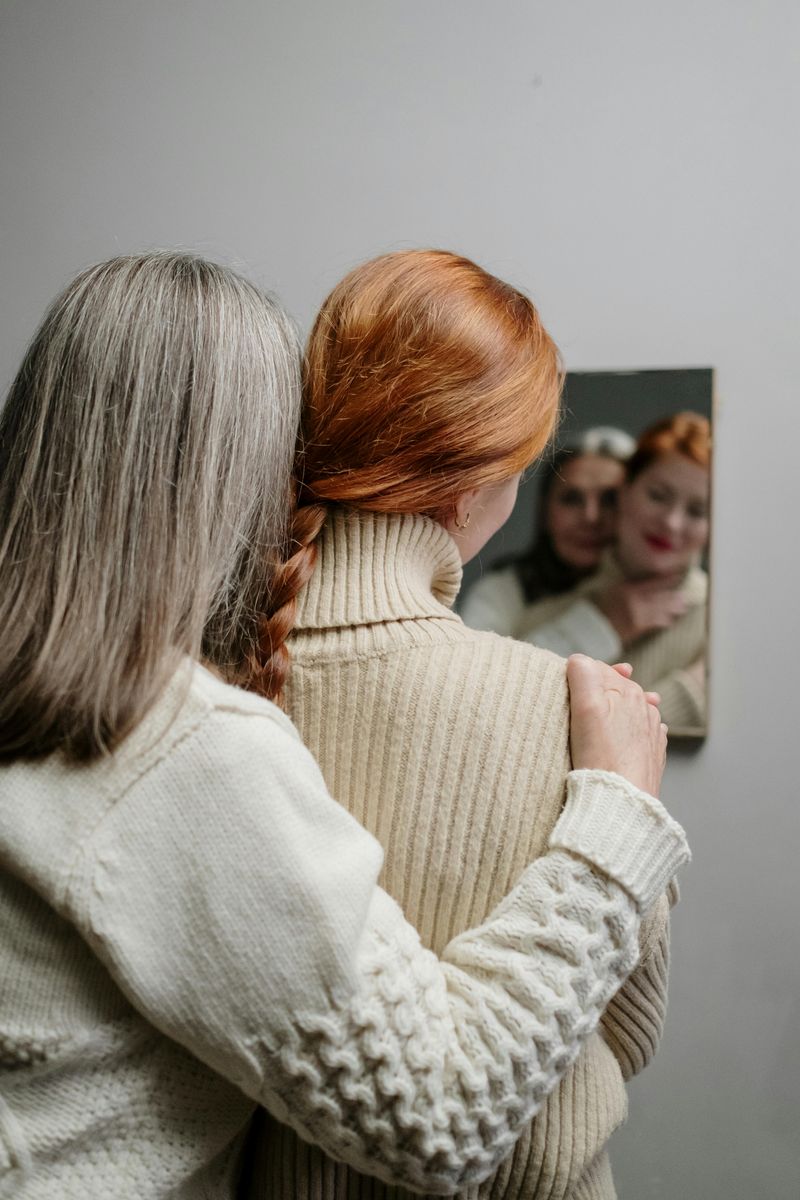
The speaker delivers this with a smile, unaware they’ve just suggested that being your actual age would be terrible. This comment frames aging as something to avoid rather than a natural process everyone experiences.
What makes this particularly awkward is how it forces the recipient to either thank someone for saying they don’t look/act their age or defend the dignity of being exactly who they are. Either way, the interaction reinforces harmful ideas that certain ages are less desirable than others.
The comment reveals our culture’s uncomfortable relationship with aging. Instead of celebrating the unique gifts each life stage brings, it suggests we should constantly strive to appear younger than we are – creating impossible standards that no one can permanently maintain.
10. You Have Such A Good Memory

The raised eyebrows and tone of surprise transform this observation into something less flattering. When directed at older adults, this remark carries the assumption that memory naturally deteriorates with age, making basic recall seem extraordinary.
The hidden message suggests remembering conversations, dates, or facts is unexpected from someone of your generation. This creates a frustrating double standard where younger people’s memory is taken for granted while older adults receive amazed reactions for the same mental function.
Most recipients would prefer their cognitive abilities be recognized without the implied comparison to stereotypes about aging. The comment unintentionally reveals more about the speaker’s biases than the remarkable nature of the recipient’s memory.
11. You’re So Stylish
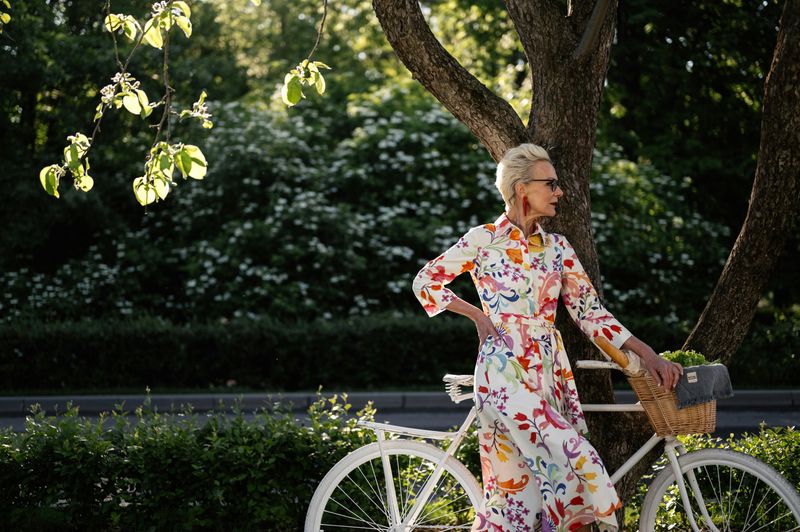
The unspoken qualifier “for someone your age” transforms this from genuine praise to something more condescending. The tone of surprise reveals the speaker’s assumption that fashion sense naturally deteriorates after a certain birthday.
This comment creates an artificial divide between age and style, suggesting older adults who dress well are rare exceptions rather than just people expressing themselves. Many recipients find themselves wondering exactly when they were expected to start dressing poorly according to this person’s timeline.
Fashion and personal expression have no age limit, yet this “compliment” reinforces the harmful idea that style belongs primarily to youth. The speaker might be genuinely impressed, but their surprise reveals more about their own limiting beliefs than anything about the recipient.
12. You’re So Open-Minded

The tone of astonishment transforms what could be genuine appreciation into something more problematic. When directed at older adults especially, this remark carries the assumption that closed-mindedness naturally comes with age.
The speaker reveals their stereotype that people of certain generations are typically rigid or resistant to new ideas. This creates an unfair dynamic where being receptive to change is seen as exceptional rather than normal human flexibility.
Many recipients find themselves wondering why adaptability is considered surprising based on their age or background. The comment unintentionally highlights the speaker’s own biases while reducing complex individuals to simplistic age-based expectations about how receptive they should be to new concepts.
13. You’re Still Full Of Energy

That small word “still” transforms this observation into something less flattering. It suggests vitality has an expiration date that you’ve somehow managed to ignore or delay.
The speaker seems amazed that someone your age could possibly be energetic, revealing their assumption that aging automatically means becoming sedentary or lethargic. This creates a frustrating dynamic where normal enthusiasm is treated as extraordinary based solely on birth year.
What makes this particularly irksome is how it frames energy as exclusively belonging to youth. Many recipients wonder at what specific age they were supposed to start moving in slow motion according to the speaker’s expectations. The comment says more about limiting stereotypes than about the recipient’s actual vitality.
14. You Don’t Act Like Your Generation
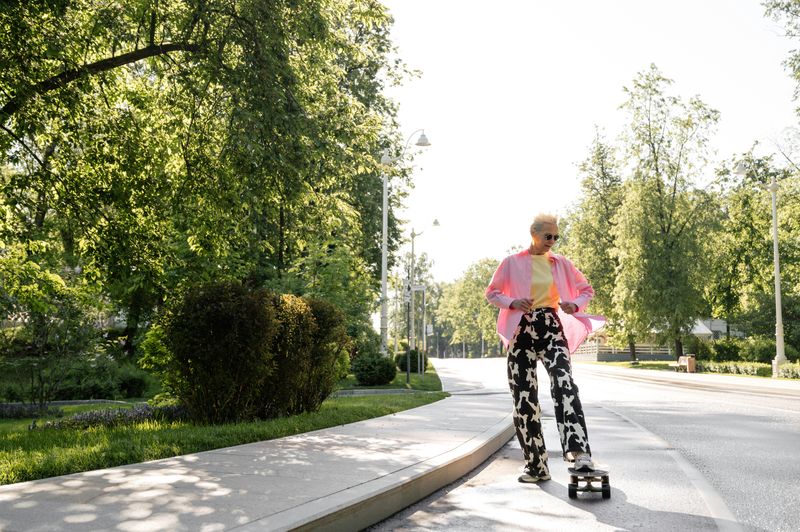
The speaker delivers this with a smile, completely unaware they’ve just insulted millions of people. This comment requires stereotyping an entire generation negatively to position you as the positive exception.
What makes this particularly uncomfortable is how it forces recipients to either accept the compliment (thereby agreeing their peers are inferior) or reject it (and potentially seem ungrateful). Either way, the interaction becomes awkward because of the speaker’s sweeping generalization.
Generation-based stereotypes ignore the incredible diversity within any age group. Whether aimed at a “responsible Gen Z-er” or a “tech-savvy Boomer,” this backhanded praise reveals more about the speaker’s prejudices than anything about the complex individuals being discussed.
15. You Remind Me Of Myself At Your Age
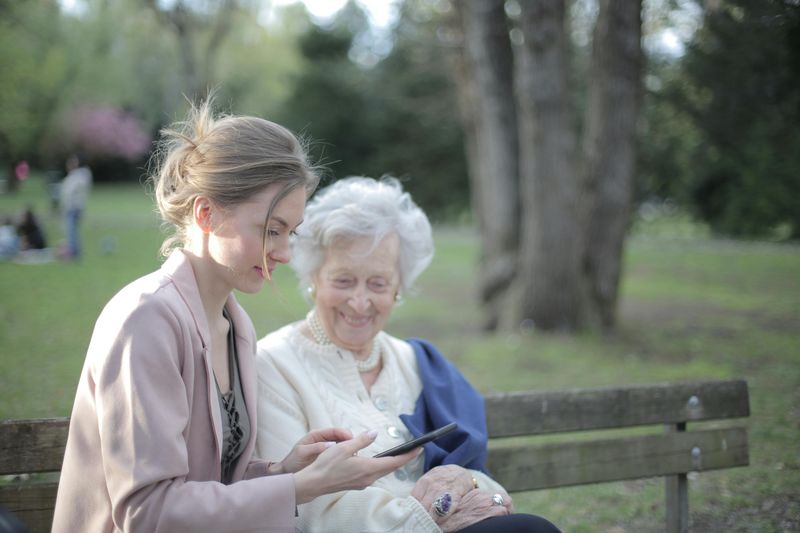
This seemingly warm comparison actually shifts the spotlight away from you entirely. Instead of recognizing your unique qualities, the speaker makes themselves the standard of excellence, with you merely reflecting their past glory.
The hidden message suggests your achievements aren’t fully your own – you’re simply following a path they blazed first. This creates an uncomfortable power dynamic where your accomplishments become secondary to their nostalgic reminiscing.
What makes this particularly frustrating is how it can diminish your sense of individuality. Rather than being seen for your distinct personality and efforts, you become a mirror for someone else’s self-admiration. The comment reveals more about the speaker’s ego than any genuine appreciation for who you actually are.

Comments
Loading…